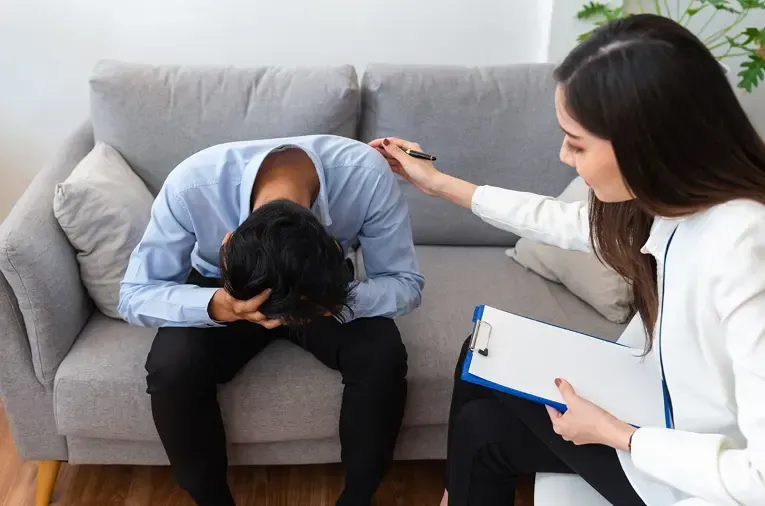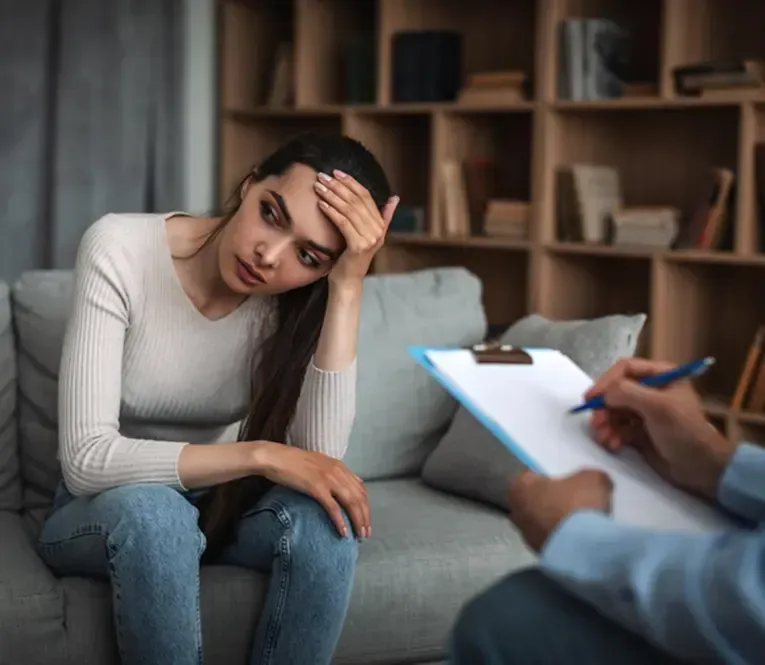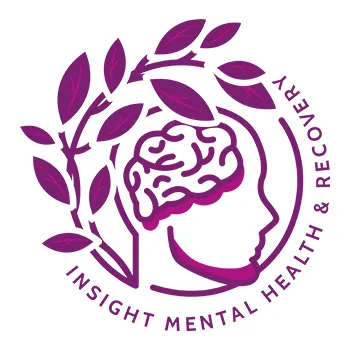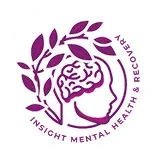IMHNR - PLANTATION, FL
Depression Treatment
Personalized, Compassionate
Care for Lasting Relief
At IMHNR, we provide specialized, individualized Depression Treatment for those experiencing persistent sadness, hopelessness, low energy, or emotional numbness. Whether you’re dealing with your first episode or living with long-term depression, we offer evidence-based care tailored to help you reclaim your life with clarity, stability, and confidence.

Understanding Depression
What Is It?
Depression (Major Depressive Disorder) is a common but serious mood disorder that affects how you feel, think, and function in daily life. Symptoms may include deep sadness, fatigue, irritability, feelings of worthlessness, loss of interest in things you used to enjoy, and changes in sleep or appetite.
Depression doesn’t always have an obvious cause—and it doesn’t mean you’re weak. At IMHNR, we view depression as a medical condition, not a personal failure. Our approach is holistic, respectful, and designed to support your full recovery.

Tailored for Real Recovery
How We Treat Depression at IMHNR
We create comprehensive, customized care plans based on your symptoms, goals, and history. Our treatment options include:
Psychiatric Evaluations & Medication Management
Careful diagnosis and personalized prescribing of antidepressants or mood stabilizers.
Therapy (Individual & Group)
Cognitive Behavioral Therapy (CBT), trauma-focused therapy, and supportive counseling to help process emotions and reframe thoughts.
Spravato (Esketamine)
For treatment-resistant depression or suicidal thoughts, this FDA-approved nasal spray offers rapid, in-office relief.
TMS (Transcranial Magnetic Stimulation)
A non-invasive, medication-free option that helps reset brain activity linked to depression.
Telehealth Access
Secure virtual care for flexibility, privacy, and convenience.
Backed by Results
Key Benefits of Depression Treatment

Reduces sadness, guilt, and emotional exhaustion

Improves energy, motivation, and mental clarity

Helps restore sleep, appetite, and daily routine

Builds long-term emotional resilience and confidence

Supports recovery from co-occurring conditions like anxiety or trauma

Compassion Meets Expertise
Why Choose IMHNR for Depression Care
At IMHNR, our team of licensed therapists and psychiatric specialists is deeply experienced in treating all forms of depression—from mild to severe and complex cases. We believe healing happens when care is personal, safe, and consistent.
What we offer:
Custom treatment plans for your unique needs
Respectful, trauma-informed support
Access to advanced options like Spravato and TMS
Ongoing follow-ups and therapy integration
A stigma-free space to be fully seen and supported
Start Where You Are
Begin Depression Treatment at IMHNR
You don’t have to fight depression alone. Let IMHNR guide you toward healing with
expert care, real tools, and the compassion you deserve.

